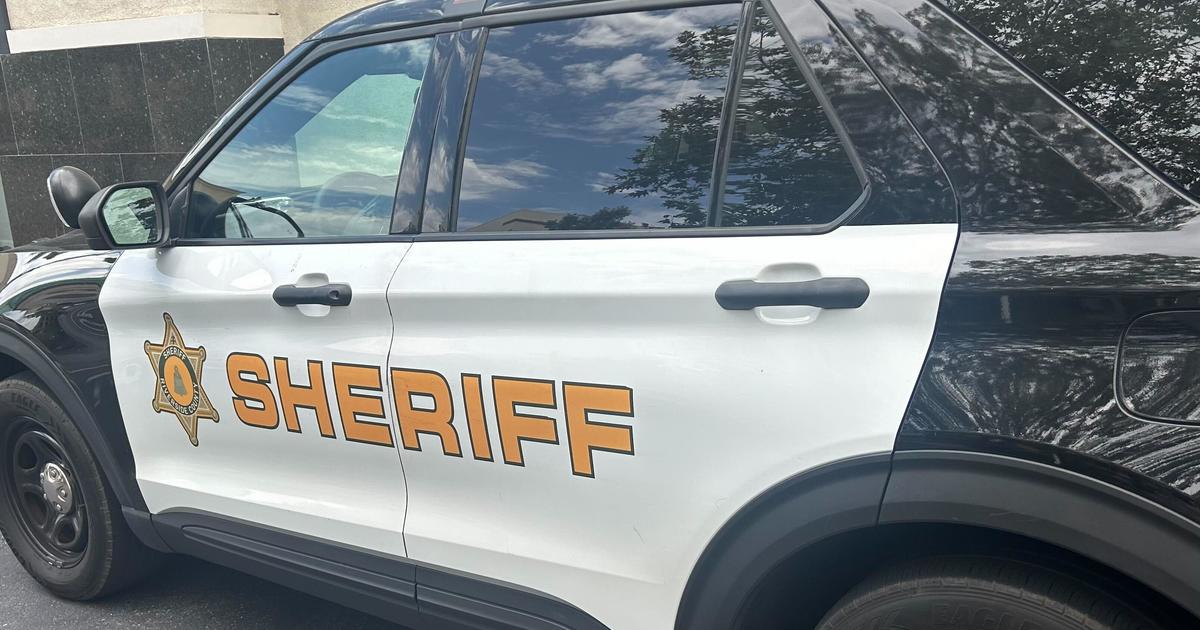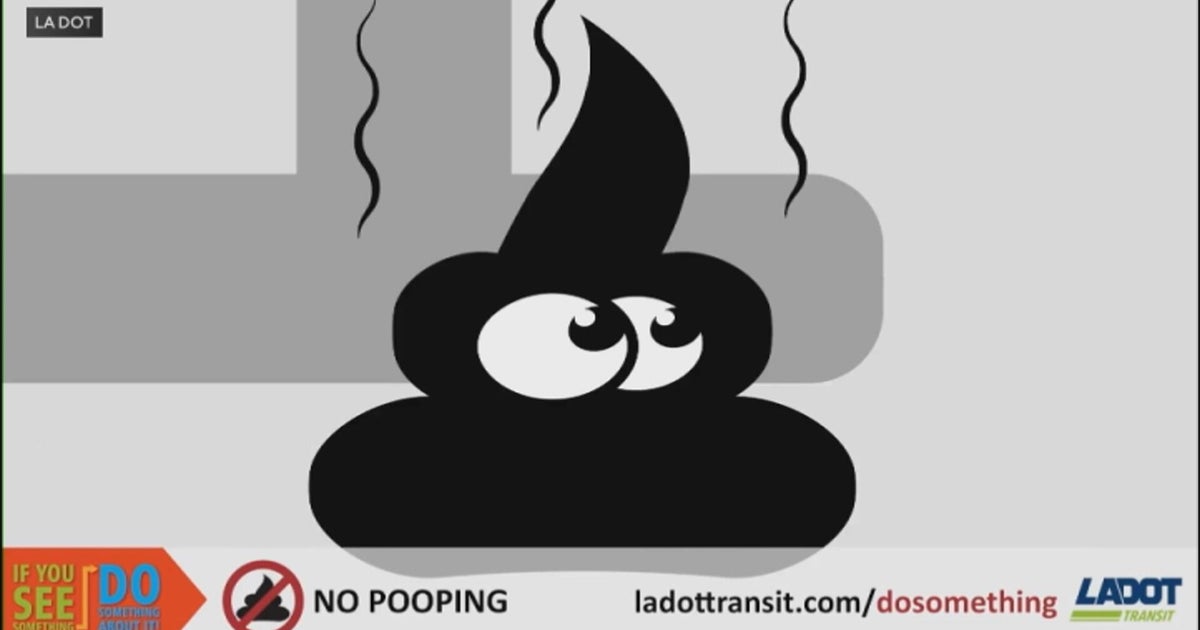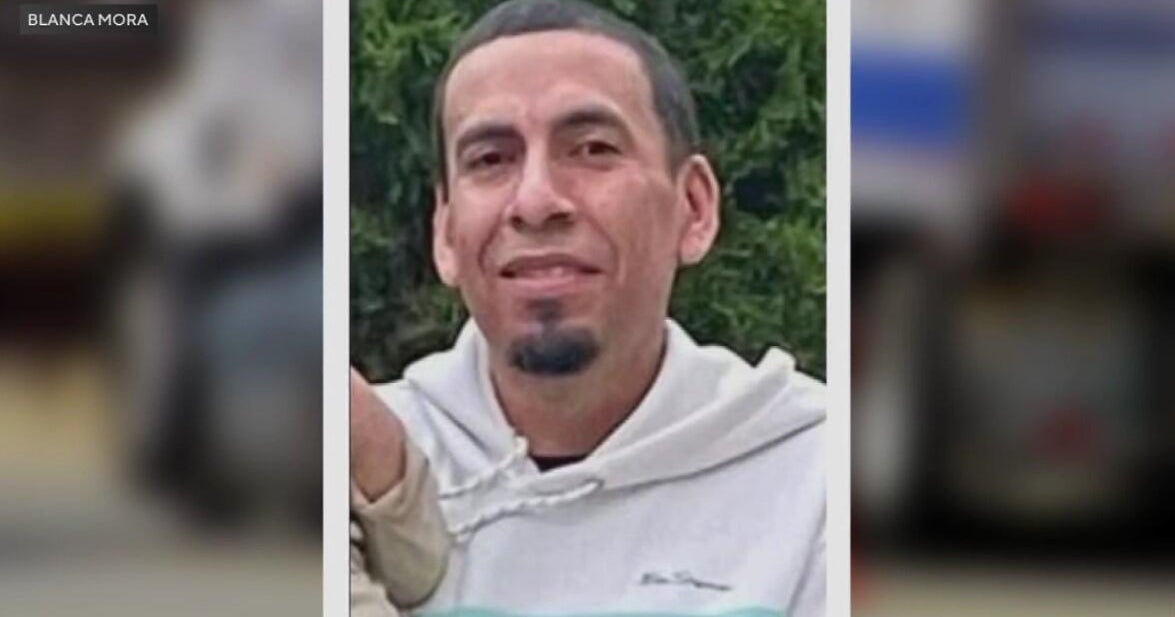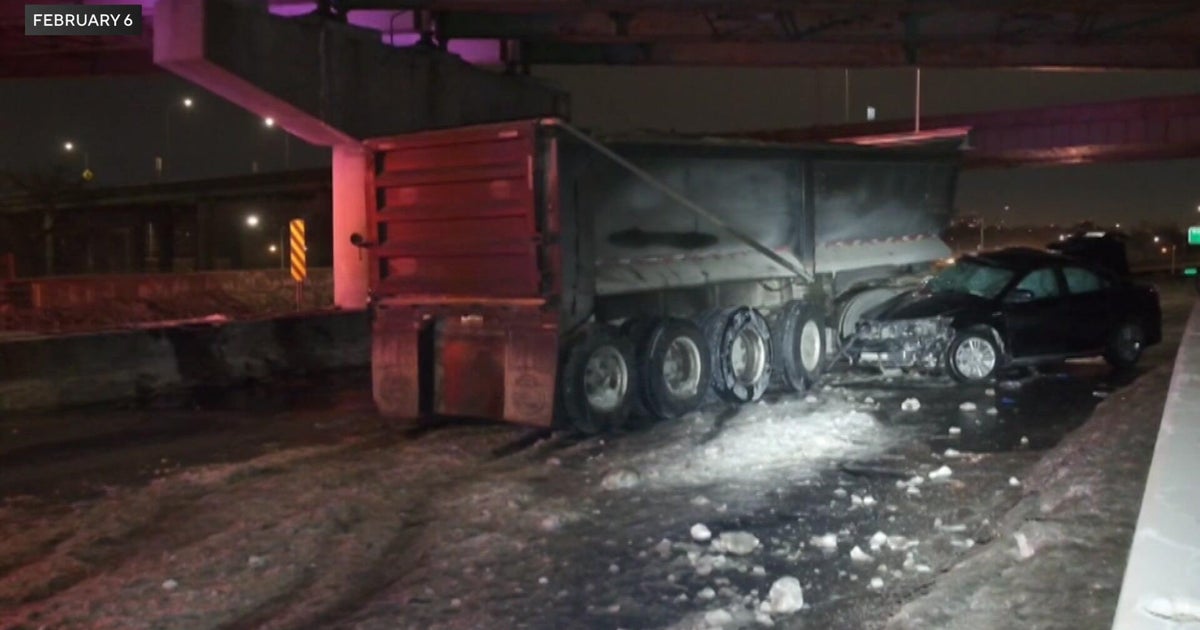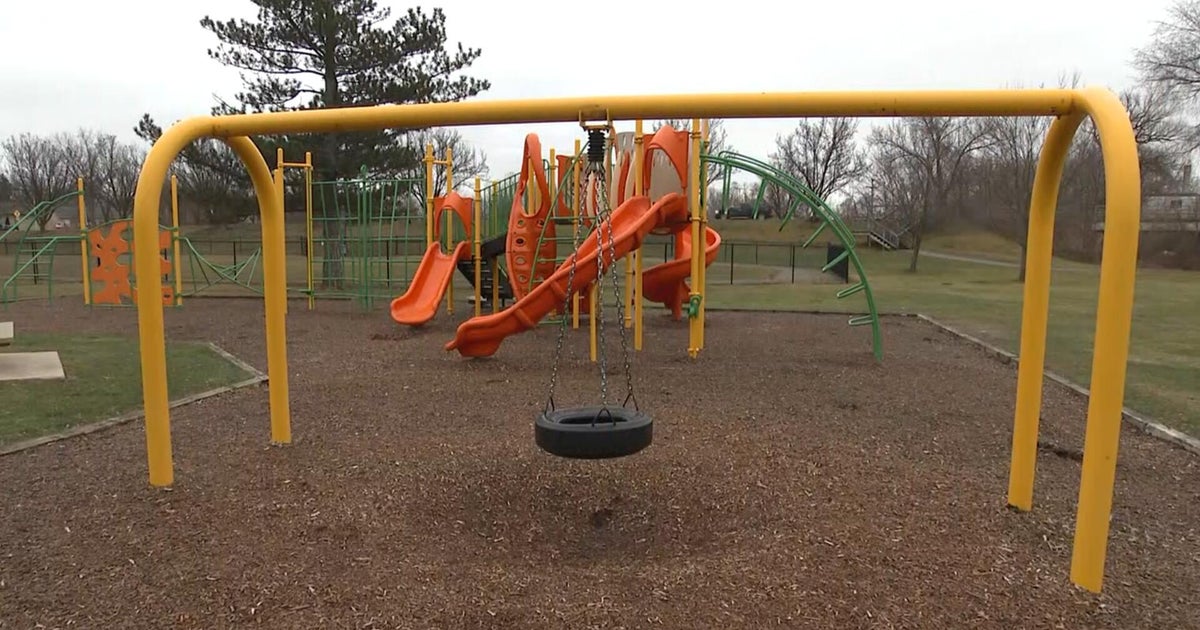City Council Orders Investigation Into Possible Connection Between Fracking, Seismic Activity
LOS ANGELES (CBSLA.com) — City Council members Tuesday called on city staff to investigate whether natural gas and oil drilling methods, such as fracking, helped trigger Monday's magnitude-4.4 earthquake.
Councilmen Paul Koretz and Mike Bonin introduced the motion, which was then seconded by Councilman Bernard Parks. The motion would direct city staff members from the city to work with the California Division of Oil, Gas and Geotherman Resources (DOGGR), the U.S. Geological Survey and the South Coast Air Quality Management District in order to produce a report a report looking into whether a link may exist between fracking and the temblor.
The "Shamrock Shake", so dubbed by some because it occurred at 6:25 a.m. on St. Patrick's Day, is being called the strongest to "hit directly under the Santa Monica Mountains in the 18 years since seismic record-keeping began in the area," according to some seismologists.
Officials from the U.S. Geological Survey have said there has been a dramatic rise over recent years of "noticeable earthquakes" that exceed 3.0-magnitudes in both central and eastern United States, the motion suggested.
The councilmen also contend that the USGS further discovered that some of the quakes occurring in Oklahoma, Arkansas, Texas and Ohio were triggered by activities related to fracking.
West Los Angeles marked the origin of Monday's earthquake, which is also in the vicinity where active oil extraction activities have been reported, according to the motion.
Fracking involves the injection of a mixture of water and chemicals at high pressure into the ground to free up trapped natural gas and oil deposits.
City Council members in February ordered a halt to fracking, gravel packing, acidizing and other "unconventional" drilling and well-stimulation methods used by some oil companies may be using in and around Los Angeles.
"We believe that when you get the literature today about the earthquake, and you find it's on an unknown fault, and you find it's in an area where fracking is going on, you are obligated to seek what might have caused that," LA City Councilman Bernard Parks told CBS2/KCAL9's Dave Bryan. "But the final issue is to try to get our emergency preparedness department, along with city agencies and state agencies, to evaluate just what the impact of fracking can be on this most recent earthquake."
City attorneys are expected to prepare an ordinance within the next two months that would impose a moratorium on such drilling methods.
Bonin and Koretz said last month that their primary worry regarding fracking, apart from its potential impacts on the water supply, is its effect on a region with numerous earthquake faults.
In Carson, a packed city council meeting focused on the effects and policy surrounding fracking within the city, and many residents suggested at least a temporary ban on the practice, citing health and environmental concerns.
"We just had an earthquake at a 4.4 (magnitude) in the state here," resident Robert Lesley said. "If you're going to look at the earthquake as being a main concept here, if you're going to put water back in where you're going to take away from a rock formation, that water, or salt water, whatever they're going to inject, has got to settle. And when it settles, you're going to have a drop — they call that sinkholes."
The Dominguez oil field, one of the largest oil fields in the country, is the center of the controversy. The field is within proximity to Cal State Dominguez Hills, as well as additional residential neighborhoods, and is raising concerns among residents.
The Occidental Petroleum Company, however, says it has no interest in drilling in residential neighborhoods, and that it will agree not to use any manner of fracking tactics.
"A lot of the opponents have said this project will include fracking," OXY USA Vice President Mark Kapelke said. "We've stated, over and over again, that we will not use fracking. We have asked the city to make sure that in the development agreement, or any other agreement they want to assign, to make sure that we are barred from doing any fracking."
Local activists and residents in Carson, however, are low on trust, based on previous promises.
"(They) said that they would do fracking, and then the community responded by saying that they didn't like that idea, because it was too controversial," Food and Water Watch's Alexandra Nagy said. "The next day they turned around, with a letter saying they won't frack, but they reserve the right to at any time. And so it just kind of shows that they can't really be trusted."
(©2014 CBS Local Media, a division of CBS Radio Inc. All Rights Reserved. This material may not be published, broadcast, rewritten, or redistributed. Wire services contributed to this report.)
